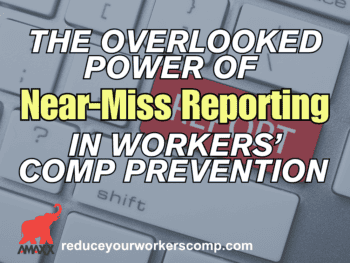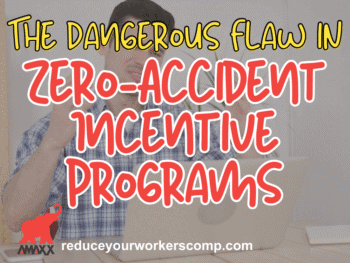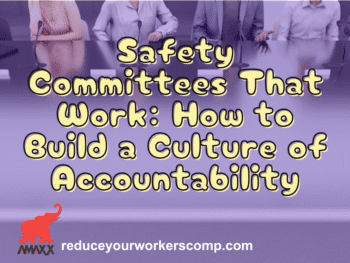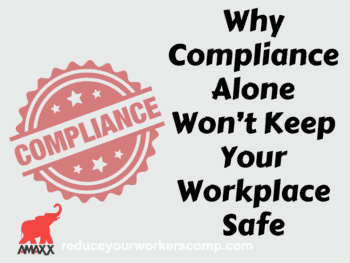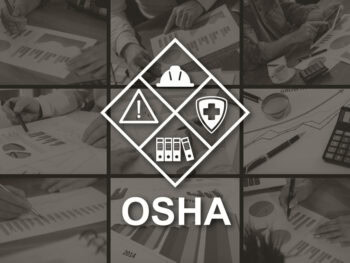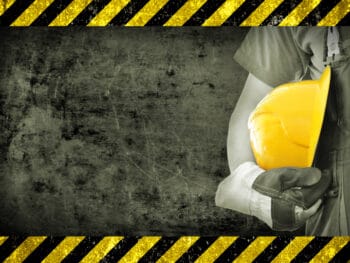Concern about psychosocial risks such as stress, violence, and harassment is increasing in European organizations, the first findings of the biggest workplace health and safety survey in Europe show.
The new data was released by the European Agency for Safety and Health at Work (EU-OSHA) at the mid-term review conference of the Community Strategy for Health and Safety at Work (2007 – 2012).
Four out of five European managers express concerns about work-related stress, the ‘European Survey of Enterprises on New and Emerging Risks’ (ESENER) reveals, making stress at work as important as workplace accidents for companies (79%). Work-related stress is very acute in health and social work (91% of companies regard it as of some or major concern) and in education (84%).
“With the financial crisis in full swing, 79% of European managers voice their concern about stress at work, which is already recognized as an important burden on European productivity,” said EU-OSHA Director Jukka Takala at the conference in Barcelona. “But despite the high levels of concern, it is clearly worrying that only 26% of EU organizations have procedures in place to deal with stress. The ESENER survey highlights the importance of providing effective support for enterprises to tackle stress, which will be crucial in ensuring we have the healthy productive workforce needed to boost European economic performance and competitiveness.”
The survey also shows 42% of management representatives consider it more difficult to tackle psychosocial risks, compared with other safety and health issues. The sensitivity of the issue (53%) and lack of awareness (50%) are the main barriers for dealing effectively with psychosocial issues, according the findings.
ESENER shows workplaces with employee participation are much more likely to see successful health and safety measures implemented. This is particularly the case for smaller workplaces where it is an important trigger for effective management of psychosocial risks. The survey found the main barriers for dealing with health and safety issues are lack of resources (36%) such as time, staff, or money and lack of awareness (26%).
In fact, 84% of companies with formal on-site employee representation have an occupational safety and health (OSH) policy or action plan, compared to only 71% of companies without formal representation.
Measures to deal with psychosocial risks such as violence, stress, and bullying are applied about twice as frequently by enterprises consulting their employees than by those designing their measures without employee participation.
Survey evidence also shows that even smaller companies are able to carry out in-house risk assessment, but need support in the form of expertise, guidance, and tools to manage their risk management process effectively and to design and implement successful preventive measures.
Through its campaign and information services EU-OSHA is working to raise awareness on workplace hazards and promote comprehensive and integrated risk management. EU-OSHA makes available a number of products to make this process easier, especially for small and medium-sized enterprises (SMEs). A new Risk Assessment Tools Database brings together checklists, handbooks, brochures, questionnaires, and interactive tools from across Europe, and is freely available from the Web site. An Online interactive Risk Assessment Too’ (OiRA) is currently being developed to encourage and help many thousands of European SMEs across all sectors to carry out risk assessments.
In the context of the Community Strategy for Health and Safety at Work (2007-12), it is important to know how to successfully managed workplace risks and to identify an overcome obstacles, so future OSH strategies are better planned and supporting measures tailored to companies’ needs. (workersxzcompxzkit)
The ESENER survey is a unique pan-European indicator of OSH performance designed to assist policymakers evaluate the progress and implementation of the Strategy.
Author Robert Elliott, executive vice president, Amaxx Risks Solutions, Inc. has worked successfully for 20 years with many industries to reduce Workers’ Compensation costs, including airlines, healthcare, manufacturing, printing/publishing, pharmaceuticals, retail, hospitality and manufacturing. Contact him: Robert_Elliott@ReduceYourWorkersComp.com or 860-553-6604.
FREE WC IQ Test: http://www.workerscompkit.com/intro/
WC Books: http://www.reduceyourworkerscomp.com/workers-comp-books-manuals.php
WC Calculator: http://www.reduceyourworkerscomp.com/calculator.php
TD Calculator: http://www.reduceyourworkerscomp.com/transitional-duty-cost-calculator.php
Do not use this information without independent verification. All state laws vary. You should consult with your insurance broker or agent about workers' comp issues.
FREE WC IQ Test: http://www.workerscompkit.com/intro/
WC Books: http://www.reduceyourworkerscomp.com/workers-comp-books-manuals.php
WC Calculator: http://www.reduceyourworkerscomp.com/calculator.php
TD Calculator: http://www.reduceyourworkerscomp.com/transitional-duty-cost-calculator.php
Do not use this information without independent verification. All state laws vary. You should consult with your insurance broker or agent about workers' comp issues.
©2010 Amaxx Risk Solutions, Inc. All rights reserved under International Copyright Law. If you would like permission to reprint this material, contact Info@WorkersCompKit.com

